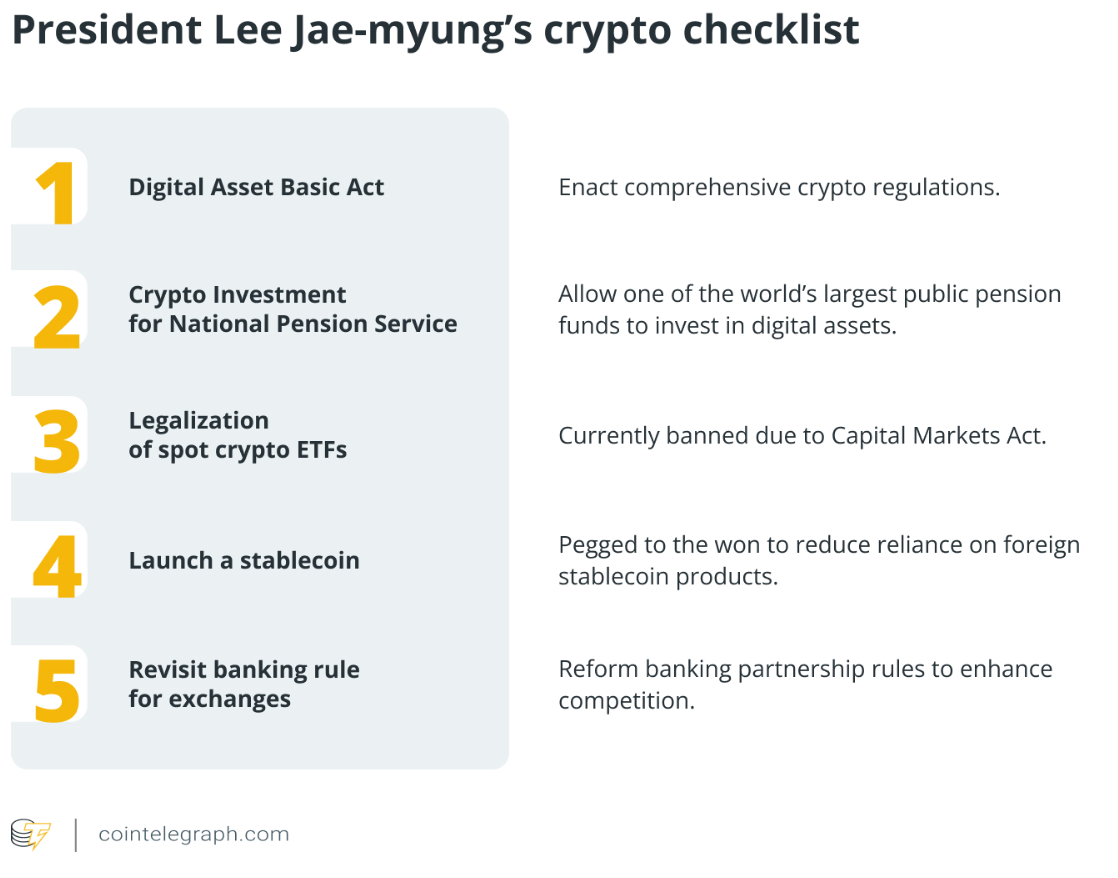
South Korea Opens Doors to Crypto Ventures
In a significant move that could reshape its digital asset landscape, South Korea‘s Ministry of SMEs and Startups has announced plans to remove restrictions that currently exclude crypto-related businesses from qualifying as venture companies. This policy shift marks a notable change in the government’s perception of the cryptocurrency industry and its potential for growth.
Presently, businesses operating within the “virtual asset” sector are denied the coveted venture classification. This exclusion limits their access to a suite of advantages, including tax breaks and various forms of financial assistance. The proposed amendment, however, aims to rectify this, potentially allowing crypto firms to access benefits such as a 50% corporate income tax cut for five years, significant reductions on business real estate acquisition taxes, and discounts on broadcast advertising. The change also allows existing venture companies to expand into the digital asset space without jeopardizing their current classification, which the government hopes will revitalize the venture ecosystem.
A Shift in Perception and Policy
The ministry’s announcement highlights a “shift in perception” of the digital asset industry, citing the implementation of legal and institutional safeguards designed to protect users. The government’s renewed focus on nurturing the digital asset sector is a clear indication of the growing acceptance and potential for innovation within the crypto space. The proposed changes are open for public comment until August 18th, though a final enforcement date is yet to be determined.
Wider Implications and Market Reactions
This policy change aligns with a broader trend of crypto-friendly policies in South Korea. The Bank of Korea recently paused its central bank digital currency (CBDC) pilot to provide the government time to clarify its stablecoin policies and how a CBDC might integrate with the wider digital finance ecosystem. Furthermore, the shares of major South Korean banks, including Kakao Bank and Kookmin Bank, experienced substantial gains following trademark applications related to stablecoins. These developments reflect increasing investor confidence in South Korea‘s embrace of digital assets. The proposed move to open the venture capital programs for crypto businesses signals not only a change in policy but also a significant vote of confidence in the future of digital assets within the South Korean economy.

Looking Ahead
The relaxation of venture restrictions is a crucial step in fostering innovation and attracting investment to South Korea‘s cryptocurrency sector. By providing access to essential resources and support, the government aims to position itself as a leader in the evolving digital asset landscape. This proactive approach could trigger further advancements and solidify South Korea‘s position in the global crypto market.


